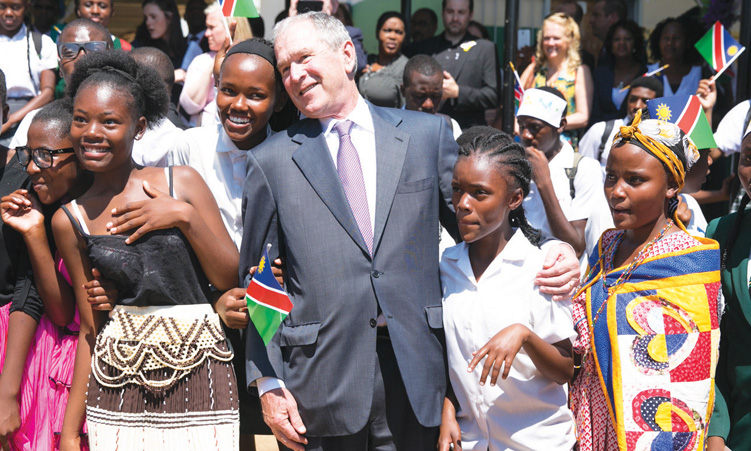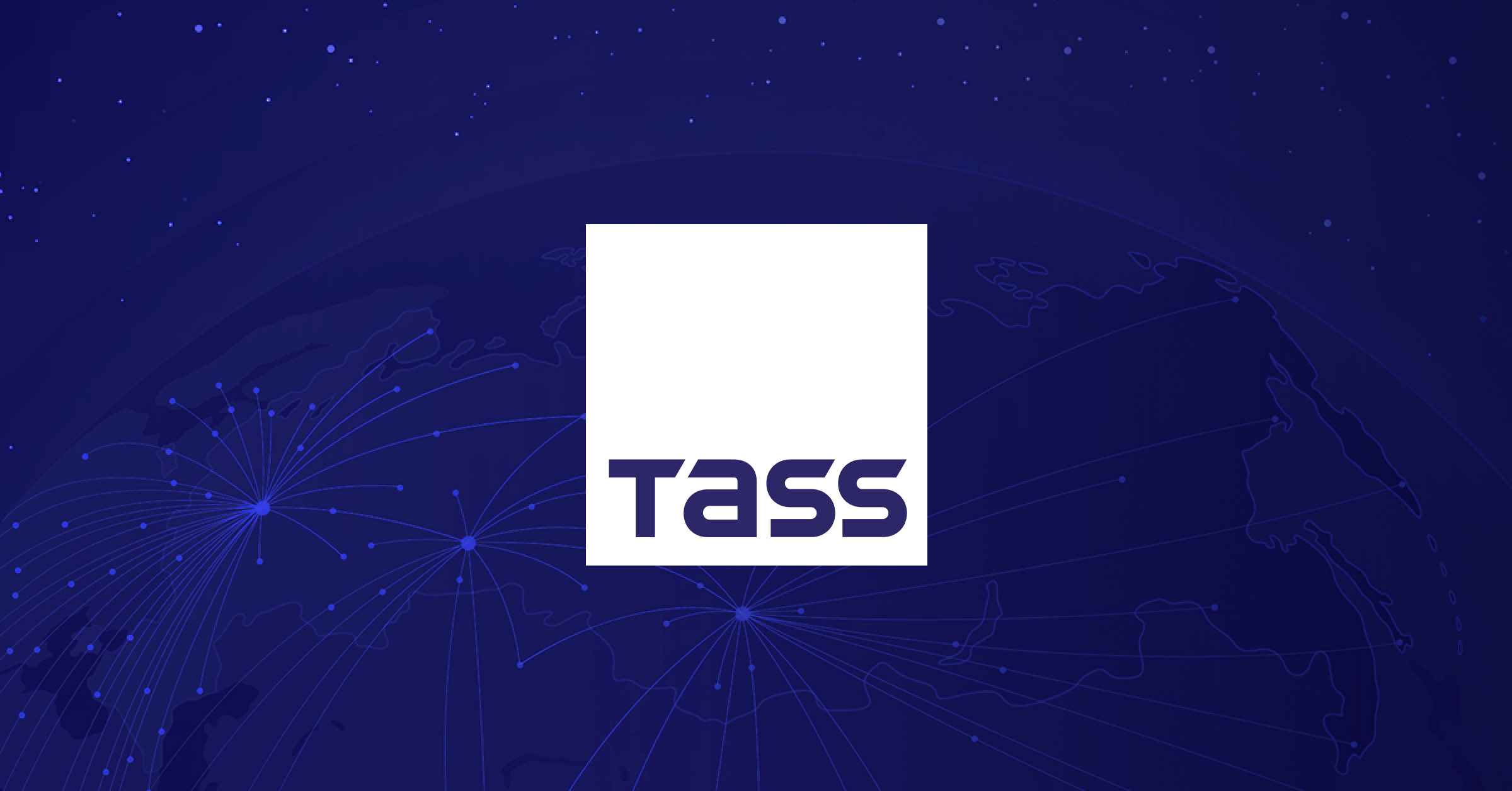By Puyeipawa Nakashole
Copyright namibian

The Ministry of Health and Social Services has terminated the employment contracts of thousands of United States (US) programmes donor-funded health workers countrywide.
According to the 2022 ministry’s staffing report, the US President’s Emergency Plan for AIDS Relief (Pepfar) funded 17% or around 4 000 of the Namibian healthcare workforce.
The workers, who range from nurses, pharmacists, doctors, pharmacists’ assistants, community healthcare workers and social workers, fall under Pepfar, of which the funding was cut by US president Donald Trump since he returned to power earlier this year.
Health ministry spokesperson Walters Kamaya says the 4 000 workers would have to compete for government vacancies, following the normal recruitment process.
“If there is funding, the positions must be advertised, and everyone gets an equal opportunity to apply. There is no provision that these employees will just be absorbed,” he says.
Executive director of health and social services Penda Iithindi has sent the affected healthcare workers, whose contracts will end on 30 September, termination letters.
In a termination notice to the workers dated 22 August, Iithindi explains why the ministry has to let go of workers under former US president George Bush’s legacy programme, which was established in 2003.
Iithindi says the funding cut was due to recent changes in US government policy, “which has delayed the issuing of the financial award that supports human resources for the health sector”.
He says Pepfar funding has supported key HIV-AIDS and healthcare initiatives for the past 20 years.
This, he says, has strengthened the HIV-AIDS response at both national and regional levels. However, the funding is now facing significant reductions due to recent changes in US government policy.
Concerned community counsellor Benedictus Bobeje from Keetmanshoop says the removal of the healthcare workers from the system would have a devastating impact on its beneficiaries.
“Key groups like men who have sex with men, transgender individuals, sex workers, and others will suffer without access to pre-exposure prophylaxis (PrEP), condoms, and treatment,” he says.
Bobeje says these groups are the main beneficiaries of Pepfar’s activities.
“The Pepfar-funded non-governmental organisations are the safe spaces for these people,” he says.
Bobeje warns that the move is already threatening the continuity of treatment for thousands of Namibians dependent on life-saving anti-retroviral treatment (ARVs).
“Rising unemployment, poverty, and even suicides could follow this chain reaction, crippling our economy and reversing years of progress, new infections have dropped by 54% thanks to community programmes, but that’s now in jeopardy,” he says.
Bobeje is appealing to the government to intervene in the termination of essential healthcare workers’ contracts.
In an online petition he further expressed concerns that public statements made by former health minister Kalumbi Shangula may have created “false hope” for patients and healthcare workers, leaving the future of the national HIV-AIDS programme uncertain.
Bobeje and others have since called on president Netumbo Nandi-Ndaitwah and health minister Esperance Luvindao to urgently safeguard the health of citizens as well as the jobs of frontline healthcare workers.
The president earlier this year said Namibia is able to manage its health sector as well as other developmental programmes without the help of the United States Agency for International Development (USAID).
In an interview with international broadcaster Al Jazeera in April, she said Namibia has acquired enough skills to continue its programmes despite Trump’s directive to freeze aid to African countries.
“Any change [in aid funding] might have an immediate impact, but we have made good progress when it comes to the management of HIV-AIDS. We are one of the countries that have made good progress,” she said.
TESTIMONIALS
The Namibian this week spoke to several healthcare workers, who preferred to stay anonymous, about their dilemma.
One affected employee (34), who has been working as a pharmacist’s assistant under the ARV programme for nine years, says the decision leaves her and thousands of colleagues stranded.
“My life is in limbo. I have children in school, I pay rent, and I am the sole breadwinner of my entire family. I don’t know how I will survive,” she said.
She said treatment counsellors and tracing teams, who follow up with patients who default on HIV treatment, are among those being sent home.
“These are the most crucial people. They test, they treat and they trace. Some clinics only operate because of these teams,” she said.
Another employee, who has been serving under the Pepfar programme since 2020, said the short notice has been devastating.
“Over the years I have screened and treated clients, trained other healthcare providers and strengthened Namibia’s health system. Now, despite our loyal service, we are simply told our contracts won’t be renewed,” the healthcare worker said. Healthcare workers also fear the terminations would severely weaken the country’s HIV and cervical cancer prevention programmes.
“The health system risks losing experienced personnel whose work has saved lives. It’s not just about issuing medication, it’s a whole network of care that is being cut,” one of the workers said.
Hundreds of Namibians have already lost their jobs after Trump disbanded USAID.
The US Department of State last week announced that Pepfar would roll out the US-based Gilead Sciences’ breakthrough drug lenacapavir to market in high-burden HIV countries.
Lenacapavir’s twice-per-year delivery method increases convenience and adherence, ensuring fewer cases of HIV are transmitted and reducing treatment costs.
Senior official for foreign assistance, humanitarian affairs, and religious freedom Jeremy Lewin says the initiative has the potential to save hundreds of thousands of lives.
“The U.S. The Department of State will be partnering with countries with the largest HIV-AIDS epidemics over the coming months to co-develop strategies for distributing lenacapavir, with a focus on preventing mother-to-child transmission” he says.
Gilead is offering this product to Pepfar and the Global Fund at cost and without a profit.
Bush visited Namibia in 2017 to view, among others, the success of his programme.
During a hospital visit in Windhoek, Bush said America should not stop supporting Namibia, which has received billions in US aid for combating HIV-AIDS and cancer.
Bush said millions who would have died are still alive.
“America should know our help is still needed.”
He said people still need to be tested for early detection and treatment, especially young women and men who think they are healthy because of their appearance, when they might not be.



